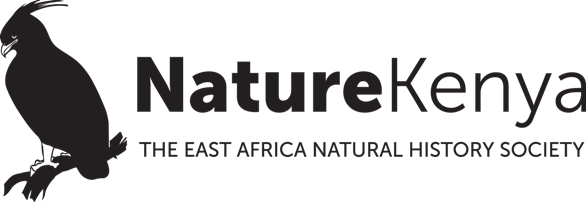BirdLife International has rolled out a raft of measures to see a reduction of vulture mortality in Africa by 50 per cent by the year 2029. The declining number of vultures and the increasing number of vulture poisoning incidents in East Africa have pushed BirdLife International – a global partnership of conservation organisations that strives to conserve birds – to come up with stringent strategies that are aimed at reversing this downward trajectory.
Statistics from the organisation indicate that seven out of 15 African-Eurasian vulture species are at risk of extinction. The leading threat to vultures in East Africa is poisoning, both intentionally and unintentionally, accounting for 61 per cent of vulture mortality. Energy infrastructure is the next biggest threat, accounting for 9 per cent of recorded vulture mortality in Africa. Other factors driving vulture population declines include habitat degradation and decline in food availability, though vultures face numerous other human-induced threats.
BirdLife is in the process of developing and ratifying the Conservation of Migratory Species African-Eurasian Vulture Multi-species Action Plan (MsAP). Once the MsAP is in place, BirdLife will be collaborating its partners like Nature Kenya in implementing a Rapid Poison Response Mechanism (RRM) to ensure quick, coordinated and effective response to vulture poisoning incidents. They are also working to strategically establish Vulture Safe Zones (VSZs) and expand existing safe zone areas in East and Southern Africa by 2025.
BirdLife is seeking policy intervention at national, regional and international levels for vulture protection. The organisation is forecasting that these collaborations will ease the enactment and implementation of national vulture protection policies and legislations, including mainstreaming RRM and VSZs in at least five African countries in the next five years.
An online vulture conservation communication campaign has been rolled out on social media using the hash tags #Impact4Vultures #ProtectAfricasVultures. The main aim is raise awareness among the public on the importance of vultures to the ecosystem and the need to conserve them.
